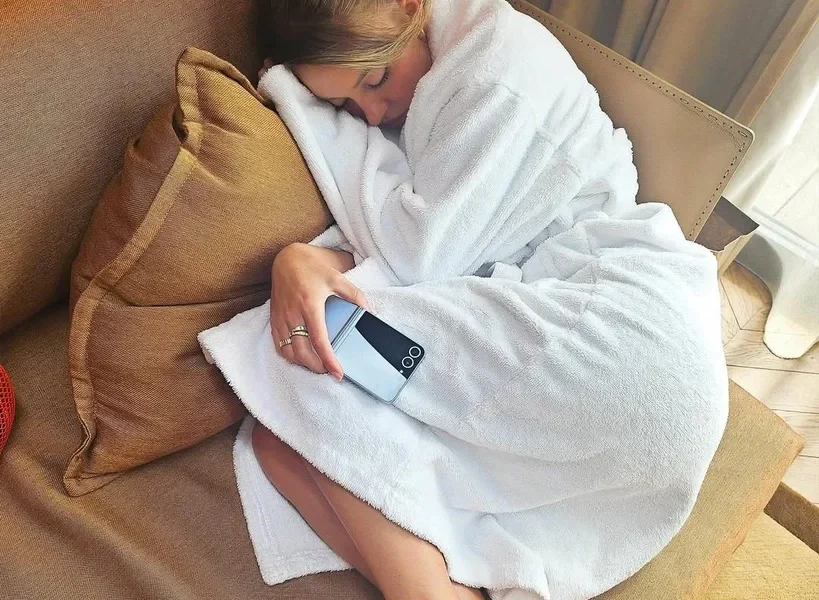Views: 120
THE RUNDOWN:
- The full moon has been associated with everything from changes in mood to spikes in crime
- One of the most common complaints of the full moon is poor sleep
- Science suggests this isn’t an urban myth, and the moon does affect our circadian rhythm,
The moon has been ascribed almost magical properties in folklore. Its waxing and waning is associated with changes in our mood, madness and even spikes in crime. But one of the biggest questions around the impact of the moon’s phases is, “Does the full moon affect sleep?”
Most of us have experienced the full moon hangover, a phenomenon where people in the office grumble that the glow of the full moon disrupted their nighttime rest and sleep. But how true is it?
While it might seem like an urban legend, science has put our claim under the microscope, and it turns out, yes, the moon can negatively affect our sleep.
So, with a full moon rising we’re looking into the science.
How The Moon Affects Your Sleep
So, is all that bad behaviour down to sleep deprivation? In 2013, a Swiss study placed volunteers in rooms with no clocks, no windows and no concept of the experiment they were participating in (sounds like a good time). They found that on nights clustered around the full moon, the participants fell asleep five minutes slower, lost around 20 minutes of total sleep. Twenty-five minutes of lost sleep may not seem like much, but the study also showed that participants experienced 30 per cent less deep (or slow-wave) sleep, as indicated by ECGs. Melatonin, which cues our instinct to sleep, also dipped too.
Related: Why Staying In Bed Longer Makes Falling Asleep Harder
A broader picture arrived in 2021. Researchers at the University of Washington fitted wrist sleep trackers on 98 villagers from the Toba-Qom communities in rural Argentina. Across three villages, there were varying degrees of access to artificial light: one had none, one had limited access, and the third community was located in a city with full access to electricity. In all settings, the study that tracked sleep across the moon’s 29.5-day cycle found that participants went to bed 30 minutes later and slept 46-48 minutes less in the three to five nights before the full moon, when the waxing moon rises early and adds extra natural light after dusk. This means that around the full moon, we’re actually potentially experiencing a whole five nights of disrupted sleep.

The researchers repeated the studies with 464 Seattle-based university students and found the same variations in sleep patterns.
While the effect was more dramatic in the Argentine communities where artificial light sources were more scarce, the students of well-street-lit Seattle suffered the same effects. Researchers concluded that we have an ancestral biological response to the brightness of the sky, specifically, not to light generally.
Related Post: The July 2025 Buck Full Moon In Capricorn Is Here To Power Your Ambition
But… Why Does The Moon Affect Your Sleep?
So, why would human beings have evolved to sleep poorly five nights a month? You know the old saying “make hay while the sun shines”? We’ve generally evolved to sleep when it’s dark and impractical to get anything done, and make the most of our daylight hours. In pre-industrial societies, humans maintained their sleep cycles in alignment with the lunar cycle. They were essentially “diurnal”, timing their sleeping with the onset of darkness when it became unsafe to hunt and gather. Logically, an exceptionally bright moon would have kept them awake.
Now, artificial lights and blackout blinds allow us to be far more flexible with our sleep schedules; however, the moon still has some impact on our sleep.
How To Improve Your Sleep
We can’t underestimate the impact of our circadian rhythms, which dictate the way our bodies change in response to light over 24 hours. If you’re having difficulty sleeping during a whole moon, stick to your sleep schedule. Avoid caffeine before bed and try to spend time in daylight each day to reset your body clock.
The post It Turns Out The Full Moon Does Impact Your Sleep appeared first on ELLE.



